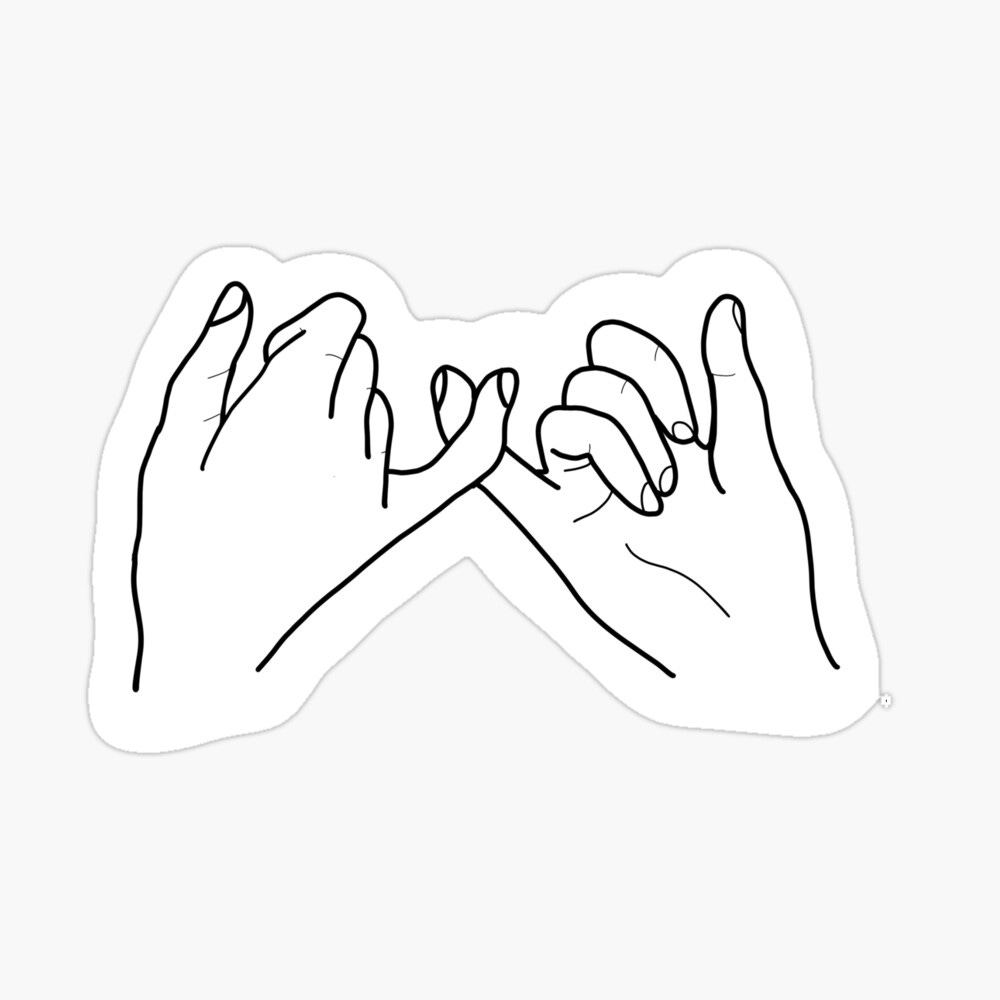Edelman swears that trust is the currency of today’s marketplace.
It’s not far-fetched to believe that trust is the foundation of healthy interpersonal relationships. But does this same logic necessarily expand to the brands and companies we interact with?
Do I really have to trust a company before I purchase something from them?
In their 2023 Barometer, the global communications firm finds that, due to “a lack of faith in societal institutions triggered by economic anxiety, disinformation, mass-class divide and a failure of leadership … Business is the only institution seen as competent and ethical.”
I’ve been tracking the Edelman Barometer for a few years, and the greater public trust in business over other institutions (government, nonprofits/NGOs, media) isn’t unique to this year’s study, but the magnitude of difference continues to climb.
In a general environment of distrust, Edelman recommends businesses use their advantage with the American public to crusade for social causes - making headwinds where perhaps other entities cannot.
This is where we get into the murky water of business as a socially and culturally bound entity.
My personal belief is that business should be a force for good. If a business operates in a given society and benefits from a certain society, it should serve the multiple stakeholders within that society - not just shareholders of the company. This isn’t a rare belief, as corporations have, over the past 30 years or so, shifted from measuring success as a single-bottom-line metric to a robust set of key performance indicators (KPIs) touching various environmental, social, and governance (ESG) issues.
For many companies, investing in ESG is a way to garner public trust.
Amazon is interesting in this way.
Amazon has a consistently strong reputation in the US, according to the annual Axios Harris Poll 100. The companies out-ranking Amazon are ones you’d expect: Patagonia, Trader Joe’s, HEB Grocery - all brands that enjoy deeply loyal followings.
Amazon’s reputation ranking is in spite of the mounting issues raised against the company: a contributor of hyper-consumption; unsustainable business practices (if you don’t believe me, consider the true cost of Prime shipping); rampant knockoffs; a questionable employment culture.
If you were a customer looking to feel a little bit better about all of this in the face of a steady stream of Prime deliveries landing on your doorstep, you may have chosen to begin your Amazon transactions on the soon-to-be defunct smile.amazon.com. In doing so, you could direct a small portion (0.5%) of the total transaction to a charity of your choosing.
As of February 20th, 2023, Amazon is scrapping this popular giving initiative.
Which is a shame, because the Smile program served as a moral salve in the customer relationship with Amazon. You could feel good (better?) about your purchase with the ecom giant.
But Amazon knows that they don’t need to make you feel good about buying stuff from them to keep you buying stuff from them. (Cover your eyes and ears, marketers!) Even uttering that sentence with near-silent keystrokes goes against all brand strategy wisdom.
There’s a lot of ways to measure a brand. One popular model relies on examining the 4 pillars of brand differentiation, relevance, esteem, and knowledge.
By most accounts, Amazon scores high marks. There is no company who is more captivating (the darling ecommerce pioneer), relevant (“the everything store”), or well-known (do you know a single person who doesn’t know Amazon?)
Where Amazon begins to lack (from this brand strategy perspective) is its esteem, or how highly regarded the brand is perceived. With every social offense, Amazon risks breaking trust with customers. But Amazon is betting that it won’t make a difference.
After news of the company’s plans to shut down Smile, rumblings revealed the program’s original intention. Apparently, Amazon only created Smile as a way to better control the shopper journey and subvert referral fees from big-tech rival Google. The below reddit post is *enlightening* and, as an eternal optimist who likes to take a company’s good intention at its word, sobering.

It’s prime boxes all the way down…
—
Every Thursday I post a [low-edited] thought about consumer culture and/or conscious consumerism. These are just conversation starters - scratching at the surface of a deeper thing that I’d love your help in discovering. Please share any reactions, thoughts, questions, etc. below!









Sarah, your writing is so informative and engaging. I really value your insights.